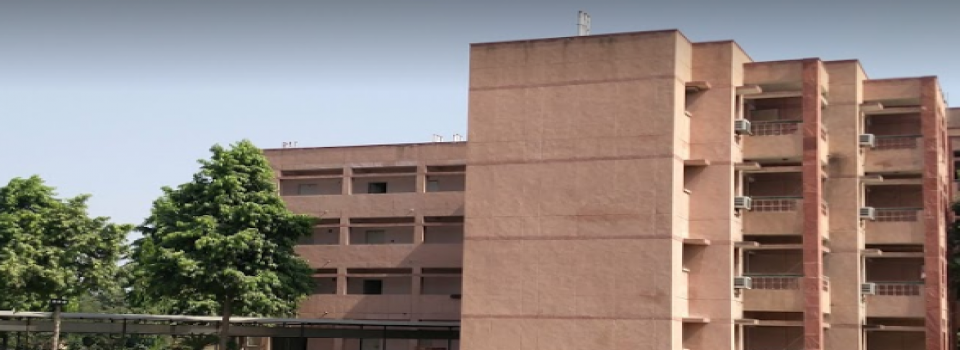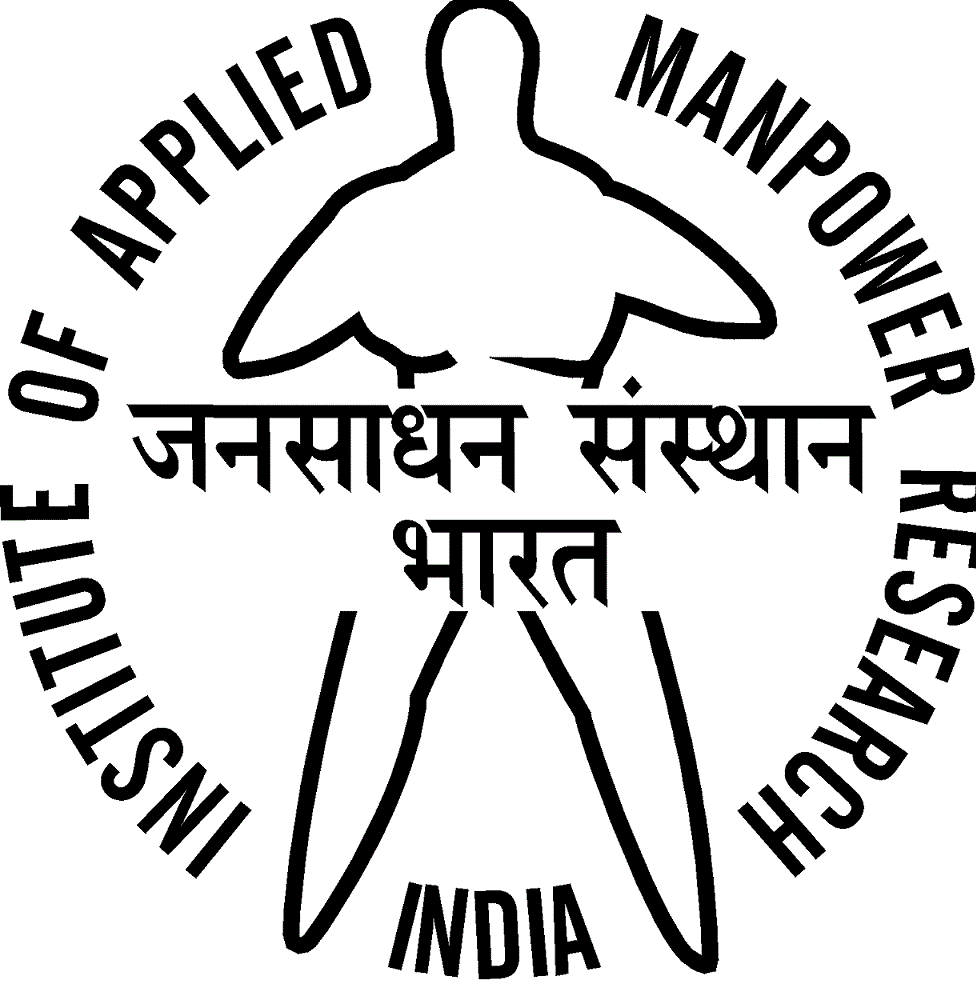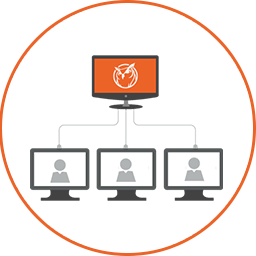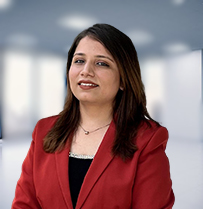

Institute of Applied Manpower Research
Sector A-7, Narela Institutional Area, North West Delhi, Delhi
1127787215, 1127787216
www.iamrindia.gov.in
dg.iamr@nic.in
- Established in1964
- Approved by MHRD-Govt of India
- Affiliated to
The Indian Technical and Economic Cooperation (ITEC) Programme was instituted by a decision of the Indian Cabinet on 15 September 1964 as a bilateral programme of assistance of the Government of India. The ITEC Programme, born out of the vision of our first Prime Minister Jawahar Lal Nehru, was formally launched under the premiership of Lal Bahadur Shastri. The decision regarding setting up the ITEC programme was predicated on the underlying belief that "it was necessary to establish relations of mutual concern and inter-dependence based not only on commonly held ideals and aspirations, but also on solid economic foundations. Technical and economic cooperation was considered to be one of the essential functions of an integrated and imaginative foreign policy." The ITEC Programme is essentially bilateral in nature. However, in recent years, ITEC resources have also been used for cooperation programmes conceived in regional and inter-regional context such as Economic Commission for Africa, Industrial Development Unit of Commonwealth Secretariat, UNIDO, Group of 77 and G-15. In more recent years, its activities have also been associated with regional and multilateral organizations and cooperation groupings like Association of South East Asian Nations (ASEAN), Bay of Bengal Initiative for Multi-Sectoral Technical and Economic Cooperation (BIMSTEC), Mekong-Ganga Cooperation (MGC), African Union (AU), Afro-Asian Rural Development Organization (AARDO), Pan African Parliament, Caribbean Community (CARICOM), World Trade Organization (WTO) and Indian Ocean Rim - Association for Regional Cooperation (IOR-ARC) and India-Africa Forum Summit. The ITEC Programme, fully funded by the Government of India, has evolved and grown over the years. Under ITEC and its sister programme SCAAP (Special Commonwealth African Assistance Programme), 161 countries in Asia, Africa, East Europe, Latin America, the Caribbean as well as Pacific and Small Island countries are invited to share in the Indian developmental experience acquired over six decades of India's existence as a free nation.
Academic Facilities

Online Library

International Admissions
.png)
Digital Classes
.png)
Scholarships

Seats Reservation

Industrial Tour

Campus Placements

International Tieups

Guest Lectures

Research Development

Guidance Cell

Faculty Development programe

Management Q sts

Weekly Workshops

Hi-tech Computer Lab

Book Bank facility
.png)
Online Admission
Non-Academic Facilities

Sports

Hostel

Visitors Lounge

Auditorium

Motivational Camps

Annual Meet

Security

Educational Loan

Online Information
Other Facilities

Transport

Gym

Swimming Pool

Water Purifier

Shopping Complex

Wi fi Campus

Health Center

Co-education

Cafeteria

AC Classrooms

ATM facility
- Rate This:
| Vocational | Duration | |
|---|---|---|
| Diploma in Monitoring and Evaluation | 1 Years |
.png)
 International Experts
International Experts





Comments